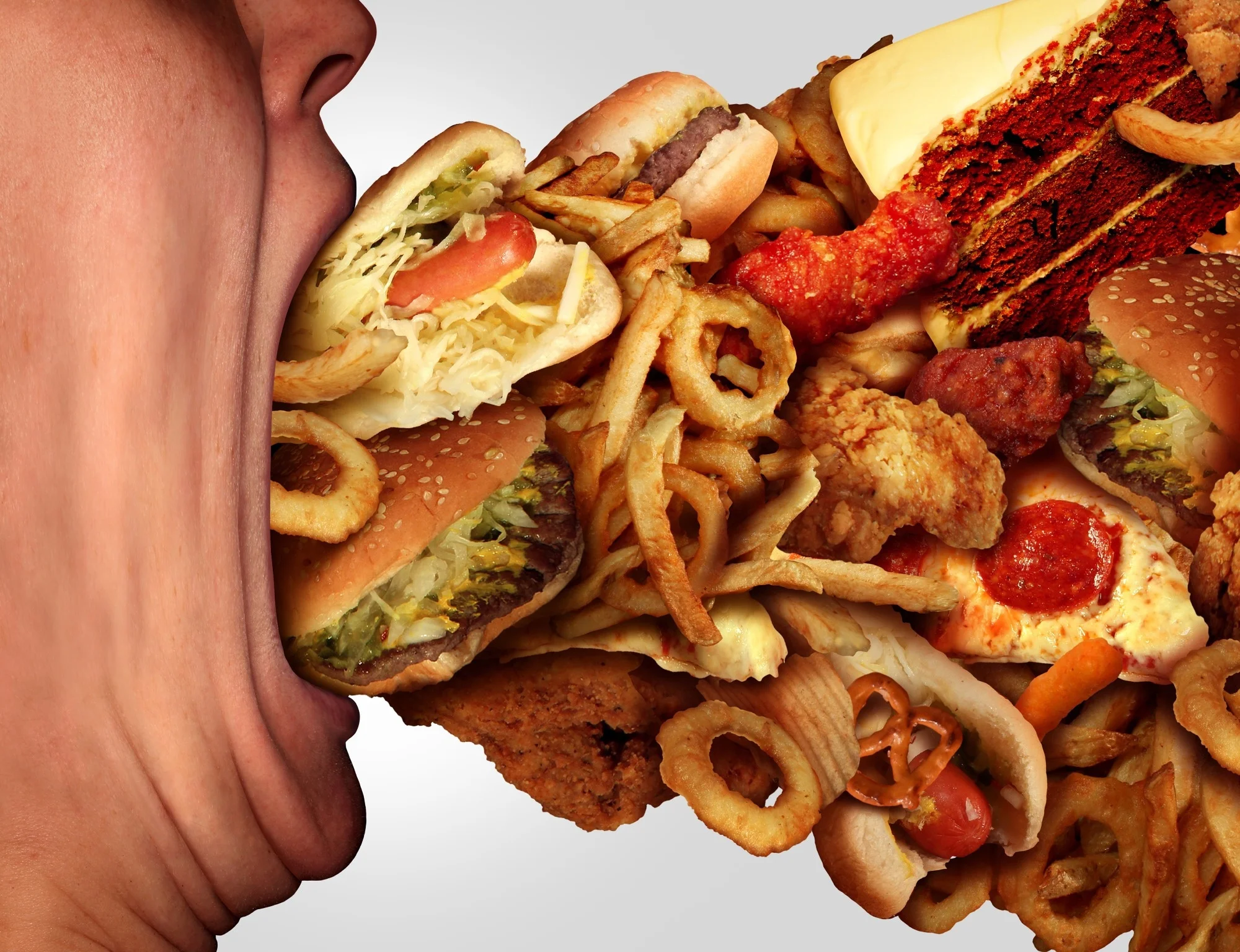Ultra-processed foods are becoming increasingly popular in today’s fast-paced world. These foods are often high in calories, sugar, salt, and fat, and low in essential nutrients. They are often convenient and affordable, but research has shown that they can have negative effects on both your body and mind.
Table of Contents
What are Ultra Processed Foods?
Ultra-processed foods are those that have undergone multiple processing stages and contain a variety of additives, preservatives, and artificial flavors. They are often ready-to-eat or require minimal preparation, making them a popular choice for people with busy lifestyles. Examples of processed foods include packaged snacks, frozen meals, sugary drinks, and fast food.

How do Ultra Processed Foods Affect Your Body?
Ultra-processed foods can have negative effects on your body in several ways. One of the most significant impacts is weight gain. These foods are often high in calories and low in fiber, which can lead to overeating and weight gain over time. A study published in the journal Cell Metabolism found that people who consumed processed foods gained more weight than those who ate minimally processed foods, even when they consumed the same number of calories.
Additionally, these foods can also increase the risk of chronic diseases such as type 2 diabetes, heart disease, and certain types of cancer. This is because they often contain high levels of added sugars, unhealthy fats, and preservatives. These ingredients can lead to inflammation and damage to the body’s cells over time. It is important to limit the consumption of processed foods and focus on a balanced diet of whole, nutrient-dense foods to maintain optimal health.
How do Processed Foods Affect Your Mind?
Research has also shown that ultra-processed foods can have negative effects on your mental health. A study published in the journal Public Health Nutrition found that a diet high in processed foods was associated with an increased risk of depression.

The study revealed that individuals who consumed a diet consisting of mostly processed foods had a 33% higher risk of developing depression compared to those who had a diet consisting of mostly minimally processed foods. Additionally, the research suggested that the negative impact of ultra-processed foods on mental health may be linked to their high levels of unhealthy additives such as artificial sweeteners, preservatives, and high levels of saturated and trans fats. Therefore, it is crucial to maintain a balanced diet consisting of minimally processed foods to promote both physical and mental health.
How to Reduce Your Consumption of Ultra Processed Foods?
If you want to reduce your consumption of ultra-processed foods, there are several steps you can take. Firstly, try to eat more whole foods such as fruits, vegetables, whole grains, and lean proteins. These foods are naturally low in calories and high in essential nutrients.
Additionally, make a habit of Processed Foodseading nutrition labels and ingredients lists before purchasing any packaged food items. Look for foods with fewer added sugars, saturated fats, and artificial additives. Cooking meals at home using fresh ingredients can also help reduce your reliance on processed foods. Finally, be mindful of portion sizes and avoid snacking on processed foods throughout the day. By making these small changes, you can improve your overall health and well-being.
Conclusion
Ultra-processed foods are convenient and affordable, but they can have negative effects on both your body and mind. They can lead to weight gain, chronic diseases, and mental health issues. If you want to improve your health, try to eat more whole foods, cook more meals at home, and read food labels carefully. By making these small changes, you can improve your overall health and well-being.





